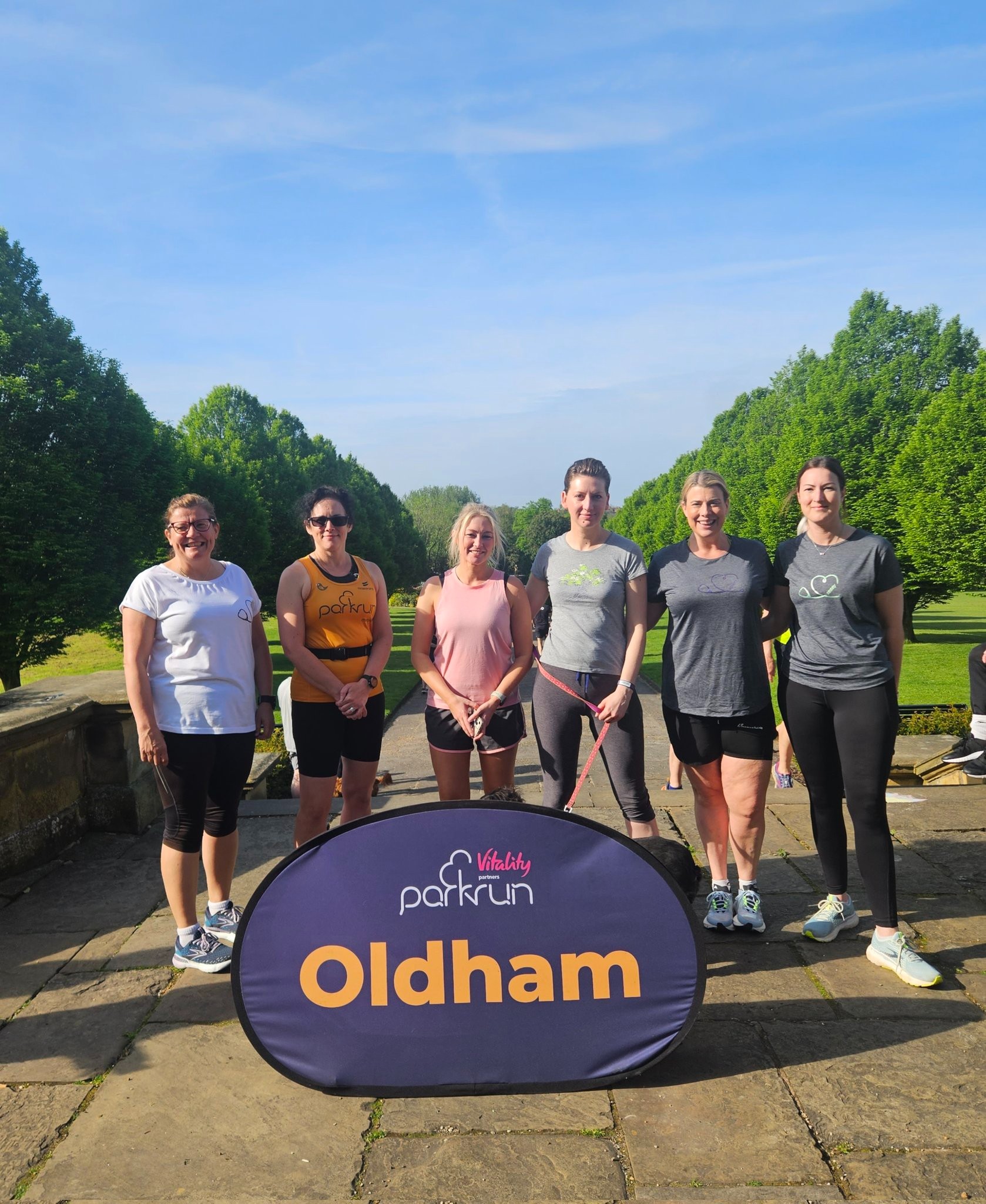Published on: 17th May 2024
Mental Health Awareness Week is 13-19 May 2024 and this year the theme is moving more for our mental health.
Exercise and being active has many benefits for our mental health, as well as our physical health.
This week we’ll be sharing lots of examples and info about these benefits – and we’d love you to join in on social media by tagging us @PennineCareNHS.
Make a pledge to #MoveMoreForMentalHealth and let us know what activities help you to stay healthy. You don’t have to do something hard, as small, positive changes can make a big difference.
How exercise helps our mental health
When we exercise, we release endorphins and dopamine, which improve our mood and make us feel good.
Regular exercise contributes to numerous other health benefits, such as a positive outlook towards life, reduced tiredness and increasing alertness, improved sleep, stress relief, improved cardiovascular fitness and stamina.
 Dr Kenn Lee is a consultant liaison psychiatrist and our physical health lead:
Dr Kenn Lee is a consultant liaison psychiatrist and our physical health lead:
"Healthy choices today are an investment to positive mental health tomorrow. Whether it's swimming or going for walks or dancing, research shows that regular exercise can help reduce stress, anxiety, and depression.
“By embracing a diverse range of activities that bring joy and fulfillment, we can actively work towards cultivating better and stronger mental health."
If you’re struggling with your mental health
Even with regular exercise, there may still be times where you struggle with your mental health. That’s completely ok, and you’re not alone.
Our 24/7 crisis mental health helpline is here anytime if you’re struggling and live across our patch. You can call for free on 0800 014 9995 or visit our helplines page for more advice.
Our NHS talking therapies services can also help if you’re struggling with anxiety, low mood, stress, panic, worry or sleep. You can refer yourself and our team can talk you through what support is available. Visit our Talking Therapies page.
Increasing your activity
 Janaki Chodavarapu, physiotherapist with Stockport community learning disability service, has shared a few suggestions to increase your physical activity if you find exercise quite challenging.
Janaki Chodavarapu, physiotherapist with Stockport community learning disability service, has shared a few suggestions to increase your physical activity if you find exercise quite challenging.
- Begin gradually, understanding that any form of movement is beneficial.
- Set yourself goals.
- Be mindful about your movement.
- Take regular breaks from seated, sedentary activities and incorporate gentle stretches.
- Allocate time for body movement.
- Try something new that keeps you active.
- Build confidence and perseverance in reaching your goals.
- Embrace nature as a setting for physical activity.
- Explore local physical activity initiatives and community involvement opportunities.
- Try adopting active hobbies.
- Above all, be compassionate towards yourself. Recognise that progress no matter how small, is meaningful.
Join a Parkrun
 Parkruns take place every Saturday morning in parks across the country. There are a fantastic way to get some more movement - you can walk or run at any speed you like, with a supportive community there to help you.
Parkruns take place every Saturday morning in parks across the country. There are a fantastic way to get some more movement - you can walk or run at any speed you like, with a supportive community there to help you.
Lynsey Yeomans, our deputy director of nursing, recently wrote a piece for the Parkrun blog.
"Running helps me to stay well both physically and mentally, so I can do my job. For me, running is my way of being able to wind down from the day and focus on myself, give myself some time and compassion.
"Sometimes it’s the conversations I have with my friends while running that help me get through tricky times."
Simple seated exercises
Whittaker Day unit in Tameside helps older patients to stay fit, keep their mind active, and practice hand eye coordination with chair exercises, dancing, catch, hoopla, and a wobble board.
Watch this short video with the team to try three simple seated excercises.
Boxing boost
Boxing has lots of benefits for our mind as well as our body. Steve from Boost GM runs regular boxing sessions on some of our wards in Stockport.
Watch this video to hear more and to get some tips to try at home, using what's in your cupboard.
Grow your activity
Our green and gardening groups are helping people connect with nature while keeping active.
There's lots of movement involved with digging and planting. It also encourages us to connect with nature and work as a team which helps build trust and relationships.
Patients and colleagues at Prospect Place's social inclusion ward have started a new gardening club, with help from Annie McMullen, chaplaincy site lead.